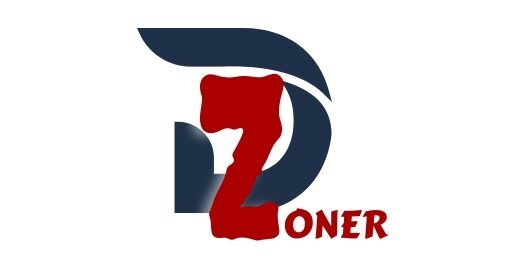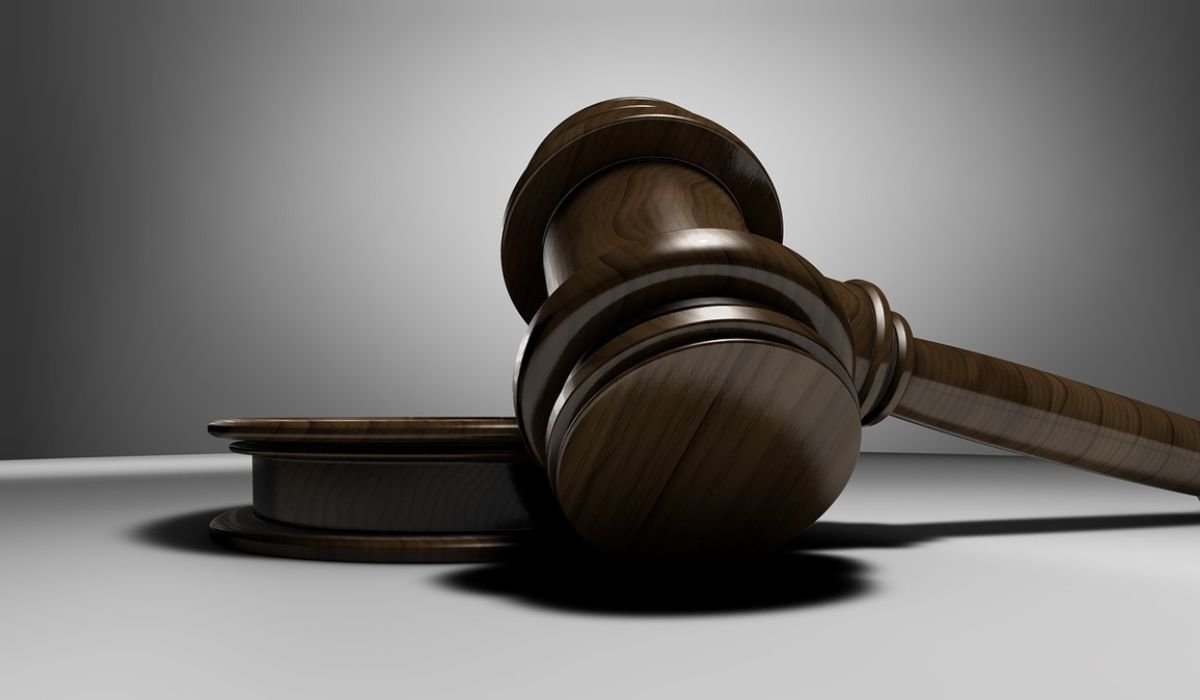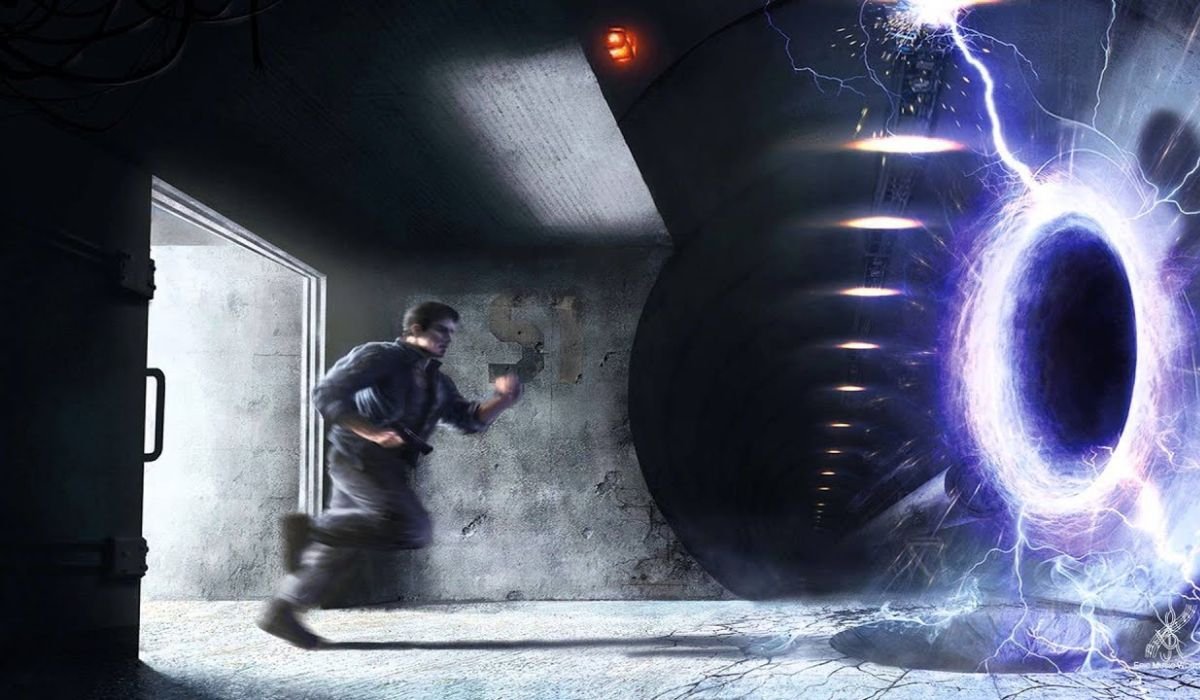Navigating the complex world of academia often comes with its fair share of controversies. One such notable case is the C.W. Park USC lawsuit, an intriguing legal battle that has captured public interest and raised significant questions about academic integrity, institutional responsibility, and legal boundaries. This blog post aims to dissect the layers of this lawsuit, offering a comprehensive understanding of what’s at stake and why it matters to everyone involved.
A Brief Overview
The C.W. Park USC lawsuit has emerged as a pivotal legal case involving serious allegations of academic misconduct. At its core, the lawsuit highlights potential institutional negligence that could have far-reaching implications for both the University of Southern California (USC) and the academic world at large.
The Central Figure: C.W. Park
C.W. Park is not just any individual; he is a renowned figure in academia and the business world. Known for his contributions to marketing research and education, Park’s involvement in this legal battle has sent ripples across the academic community. His reputation and career achievements make the allegations even more concerning.
The Allegations
At the heart of the C.W. Park USC lawsuit are grave allegations of academic misconduct. These claims not only challenge Park’s integrity but also test the accountability of educational institutions in maintaining honesty and transparency.
Academic Misconduct Claims
The allegations against C.W. Park are serious, involving accusations of plagiarism, fabrication, and other forms of academic dishonesty. These charges suggest that Park may have misrepresented his work, leading to potential intellectual property violations and ethical breaches.
USC’s Response
In light of these allegations, USC had to act swiftly. The university’s initial response was to launch an internal investigation, aiming to uncover the truth and address any breaches in academic conduct. USC’s subsequent actions have included revising policies and reaffirming its commitment to upholding academic integrity.
The Legal Proceedings
The legal proceedings surrounding the C.W. Park USC lawsuit are complex and multifaceted. Understanding the dynamics of this lawsuit is crucial to grasping its broader implications.
The Lawsuit
The lawsuit itself involves multiple parties, including C.W. Park, USC, and possibly other academic institutions or individuals. The specific legal claims center around breach of contract, negligence, and potential violations of intellectual property rights.
Key Legal Arguments
Both sides in this case have presented compelling legal arguments. Park’s defense may focus on contesting the validity of the claims, while the plaintiffs seek to prove that academic misconduct occurred and resulted in tangible harm.
Court Rulings and Decisions
While the case is still unfolding, several court rulings have already shaped its trajectory. These decisions have influenced public perception and established legal precedents that could affect future cases of academic misconduct.
The Impact on USC and the Academic Community
The ramifications of the C.W. Park USC lawsuit extend beyond the courtroom, impacting the university’s reputation and the broader academic landscape.
Damage to USC’s Reputation
USC’s standing as a prestigious academic institution is at risk. The lawsuit has cast a shadow over the university’s credibility, potentially deterring future students, faculty, and funding opportunities.
Implications for Academic Integrity
This case serves as a stark reminder of the importance of upholding academic integrity. Educational institutions must prioritize ethical standards to maintain trust and ensure the value of their degrees.
Public Perception and Media Coverage
The role of public opinion and media coverage cannot be underestimated in shaping the narrative around the lawsuit. Sensational headlines and biased reporting can influence perceptions, highlighting the need for transparent communication.
The Future of the Case
As the C.W. Park USC lawsuit progresses, several potential outcomes could shape its resolution and impact.
Potential Outcomes
The lawsuit may result in settlements, jury trials, or other legal resolutions. Each outcome carries its implications for the involved parties and the academic community.
Lessons Learned
Regardless of the lawsuit’s resolution, valuable lessons can be drawn from this case. Academic institutions must reinforce policies on academic integrity, and students should be educated on ethical research practices.
You May Also Like: Geekzilla Podcast Takes the Spotlight in Geek Culture
Conclusion
The C.W. Park USC lawsuit is more than just a legal battle; it is a case study in academic integrity and institutional responsibility. By understanding its intricacies, we can appreciate the importance of honesty and transparency in education. As the case unfolds, it will undoubtedly leave a lasting impact on academia, urging all stakeholders to prioritize ethical conduct and accountability.
FAQs
What is the C.W. Park USC lawsuit about?
The C.W. Park USC lawsuit involves allegations of academic misconduct and potential institutional negligence, focusing on issues like plagiarism and fabrication.
Why is the C.W. Park USC lawsuit significant?
This lawsuit highlights the importance of academic integrity and raises questions about the responsibilities of educational institutions in upholding ethical standards.
How has USC responded to the lawsuit?
USC has launched an internal investigation and taken steps to address breaches in academic conduct, reaffirming its commitment to integrity.
What are the potential outcomes of the lawsuit?
Possible outcomes include settlements, jury trials, or other legal resolutions, each carrying implications for both C.W. Park and USC.
What lessons can be learned from this case?
The case emphasizes the need for robust academic integrity policies and educating students on ethical research practices.











